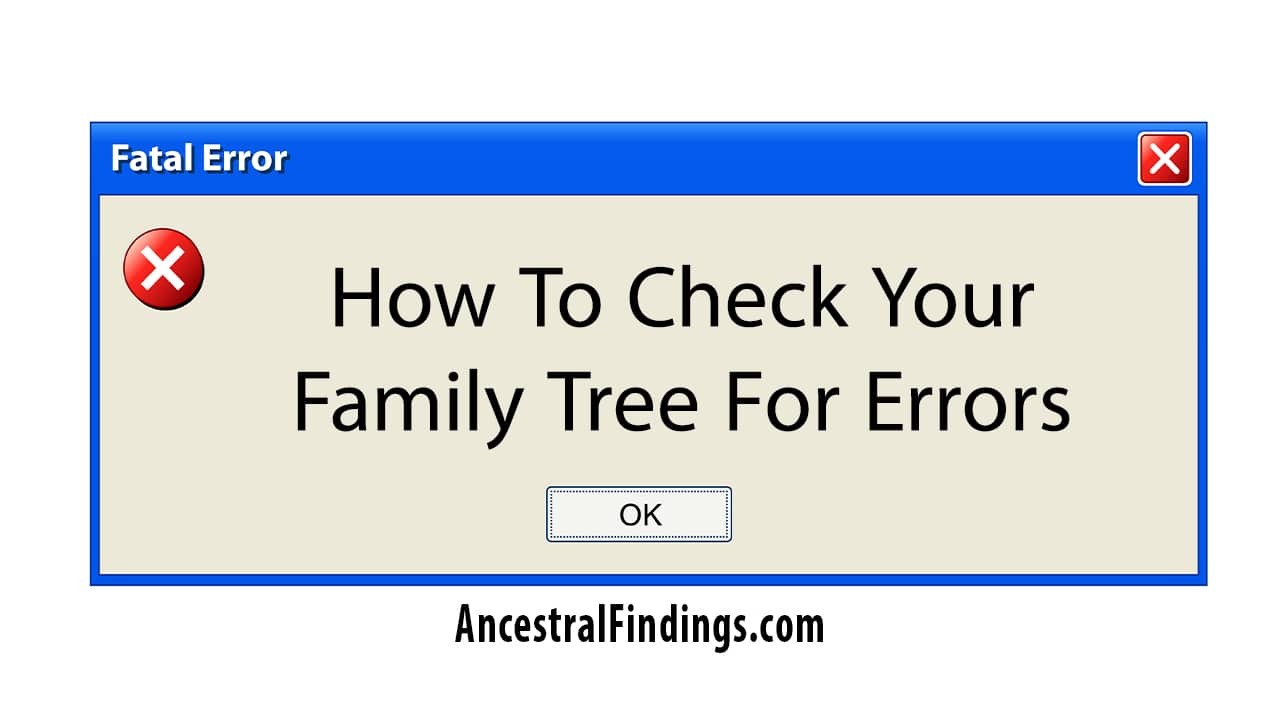A popular thing to do among both genealogists and non-genealogists is to get their DNA tested to receive a health report. This can be interesting to genealogists as it establishes a genetic health history for their family, or possibly confirms suspicions of one they may have already harbored. Learning about your genetic health history is a fascinating subject for genealogists and non-genealogists alike.
The FDA in the United States used to largely ignore the companies that offered health DNA testing. Around 2014/2015, though, the FDA strictly limited the kind of health reports these companies could offer, because there was concern they were giving customers false or misleading information, or that the customers would not understand the results they were getting and could be concerned about things they shouldn’t be based on what they read in their reports. Since then, several companies have worked to comply with FDA genetic testing guidelines (most notably 23andme), so that they can now offer the type of health reports they once did, with a greater degree of accuracy, and more detailed explanations of what the results mean for their customers.
Some people get their DNA tested just to get the health results, and are not interested in the genealogy aspect of it at all, and that is fine. If you get your DNA tested for health results, just know that the results are made up of the most recent research into the various aspects of health the company you use is testing for, and that this research can (and sometimes does) change. So, you are receiving the best information that is available at the time you get the testing. Usually, these companies will update your results and reports if new research is made available, but you will have to remember to log into your account periodically to access this new information.
The results you receive are also partially made up of the results of other people who have tested. These are people who have had similar or the same genes, genetic mutations, genetic expressions, and other things as you, and have self-reported these things to the company. The company doing the testing can then compare your results to theirs to get a more accurate picture of your own results and what they probably (but not necessarily) mean. You will usually be given an opportunity to self-report your own results to the company to be used to make the results of future tests more accurate. This means you are giving the company permission to use your DNA results and your answers to certain health questions in their own research. You don’t have to do this, naturally. It is always opt-in optional.
Also know that just because you have a genetic predisposition to something does NOT necessarily mean you are going to get it at some point in your life. You may have the worst genes for a certain condition and never develop it. The results just mean you are more susceptible to certain things than other people (unless, of course, it is something you already have and know it). You should always discuss your DNA health results with a genetic counselor at the testing company, or with your doctor, if you have any questions about them.






